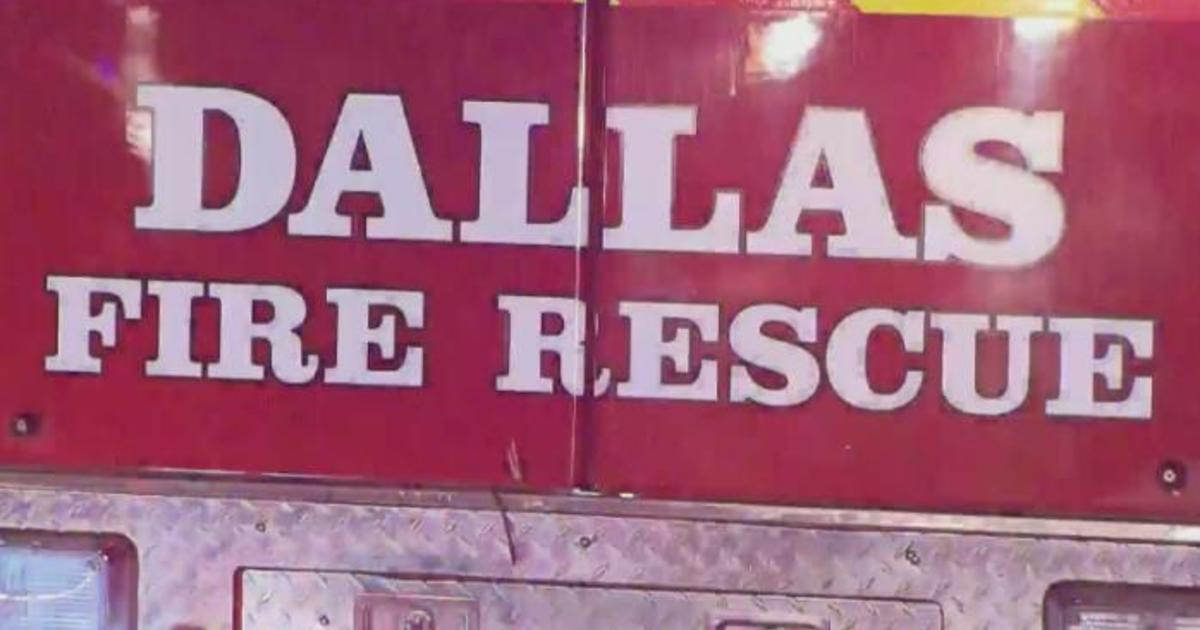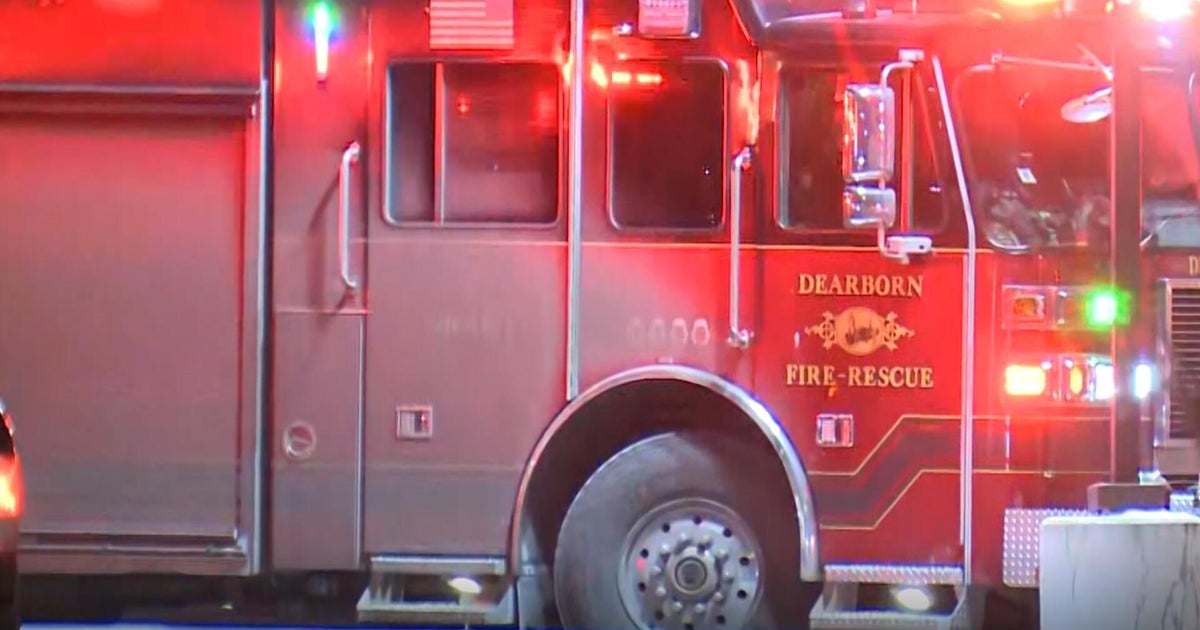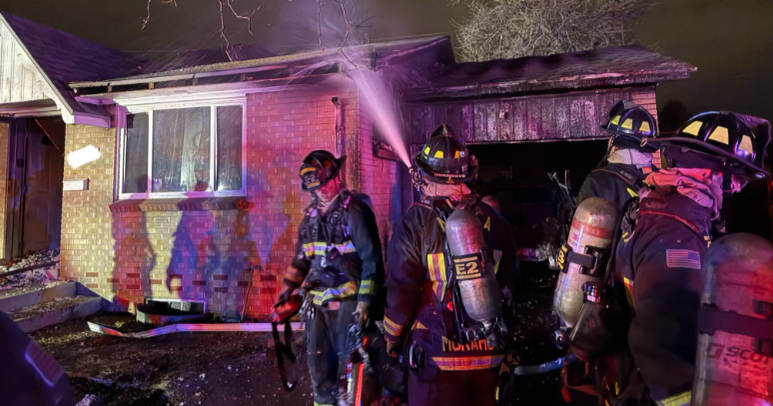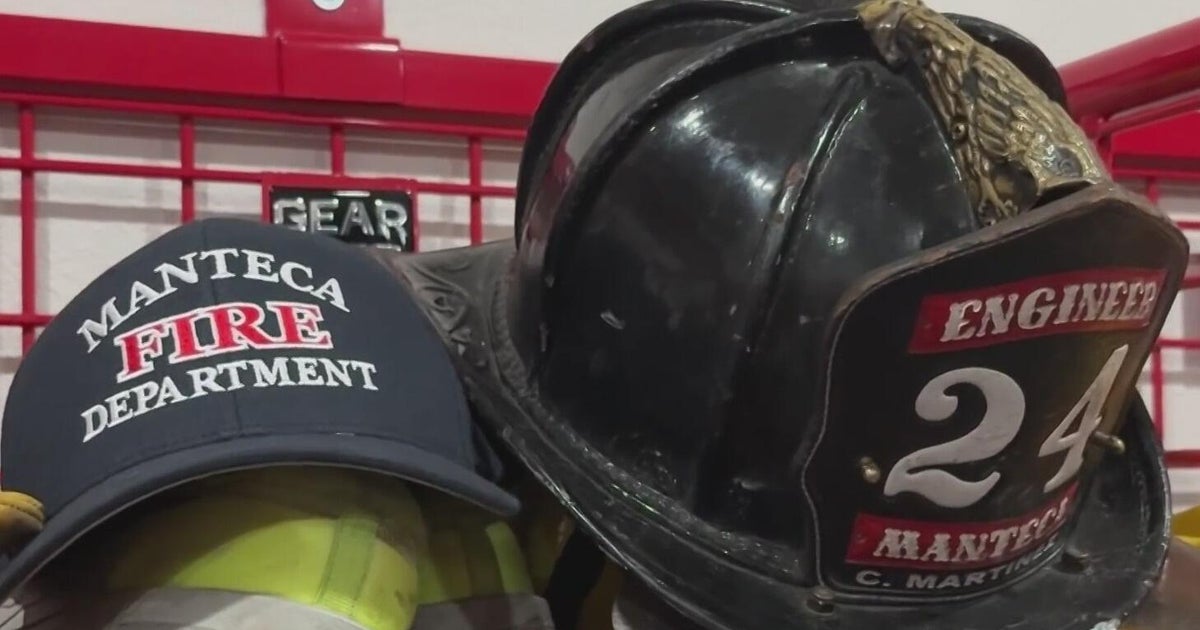EXCLUSIVE: Screaming M-D Fire Captain Faces No Discipline
MIAMI (CBS4) - The Miami Dade Fire captain whose screaming tirade became an instant sensation on YouTube earlier this year, will face no punishment for his actions despite bringing embarrassment to the department, fire officials concluded.
The video showed Miami Dade Fire Captain Greg Smart screaming, pushing and attempting to block a local blogger from taking video of a fire rescue helicopter landing and taking off in Southwest Dade on March 21. The photographer/blogger, Taylor Hardy, was standing outside the perimeter for the landing zone established by firefighters at the scene.
But at some point while Hardy was taking the video, Smart spotted him and decided he needed to move back. One firefighter told Hardy he had to stop shooting video. "Hey can you not videotape," he said. "This is personal information."
A moment later, Smart walked up and started screaming at Hardy: "You're leaving right now, turn around and walk away, your leaving right now."
As Smart continued to repeat himself, the unnamed firefighter told Hardy was "not allowed" to videotape the firefighters and the rescue.
There is no law that prevents either the general public or journalists from recording the actions of police or firefighters in a public area.
In addition to screaming at Hardy, Capt. Smart also screamed into his radio, requesting police to come to the scene to deal with Hardy, who he described over the radio as being "combative." Smart gave the impression he was being assaulted by Hardy.
Smart's description of Hardy as "combative," however, is not supported by the video of the incident. At one point, Hardy moves back several feet behind a row of bushes, but even then Smart continues to shriek at him.
The decision by Smart to request police to the scene under a Code 3 is a serious matter. Both the police officers and the public are at greater risk of an accident when police officers are expected to travel with lights and sirens blaring.
After the incident, Hardy hoped the department would take the incident seriously and discipline Smart.
Instead the department did virtually nothing to Smart. And a close review of the report, written by Chief P.O. Albury, reveals efforts to cover up Smart's actions.
Hardy filed a complaint that Smart was trying to prevent him from recording at the scene. Albury said that charge was "not sustained" because "at no time did Capt Smart state that the complainant couldn't film."
In other words, since Smart did not actually say the words "you can not videotape here" he was found innocent of the charge.
Albury's report neglects the fact that there was another firefighter standing with Smart who explicitly told Hardy he wasn't allowed to videotape. It also neglects that Smart told Hardy: "You are leaving right now, turn around and walk away. You are leaving right now." Nor does it note that Smart attempted to block Hardy's video with his chest.
Albury did sustain a complaint that Smart's behavior was "unprofessional." Albury wrote: "Capt Smart responded poorly when the bystander refused to back out of the safety perimeter."
But Albury excused the behavior noting that Smart was under a great deal of stress. "I have coached Capt Smart reference this event," Albury wrote. "He was under a great deal of stress on this call and acted in an aggressive nature when challenged by the bystander. I feel that he and I have come to an understanding as to the expected behavior when dealing with the public. Capt Smart agrees that he overreacted and caused embarrassment not only to himself but to the department. I feel that in the future he will have a different perspective as to how we need to act regardless of the severity of the call."
He wrote that he has "informally counseled" Smart, and added: "I would also support a stress management class to help Capt Smart with not only this call but any future major call."
It appears from the document that the stress management class was merely a suggestion and completely voluntary.
The department did require Smart to take a refresher course on biohazards and decontamination procedures – essentially reminding him he shouldn't touch people with bloody gloves.
Nowhere in the investigation by Albury does it address Smart's use of the radio to demand police units respond on an emergency basis.
On Tuesday the department defended its decision not to take formal disciplinary action against Smart.
"The appropriate action was taken based upon the outcome of the investigation," explained Chief Arthur Holmes, Jr., assistant chief of operations.
The department maintains that since Smart had no previous problems, they were extremely limited in what actions they could take against smart under the existing union contract.
How careless and slipshod was the department in doing this review? The report by Albury failed to get Hardy's name right - they refer to him sometimes as Harding and other times as Hardly.
And although it ended a month ago – Taylor Hardy said no one from the fire department bothered to let him know the outcome.
"I thought they would at least call me," he said.
And he said no one from the department has apologized.






